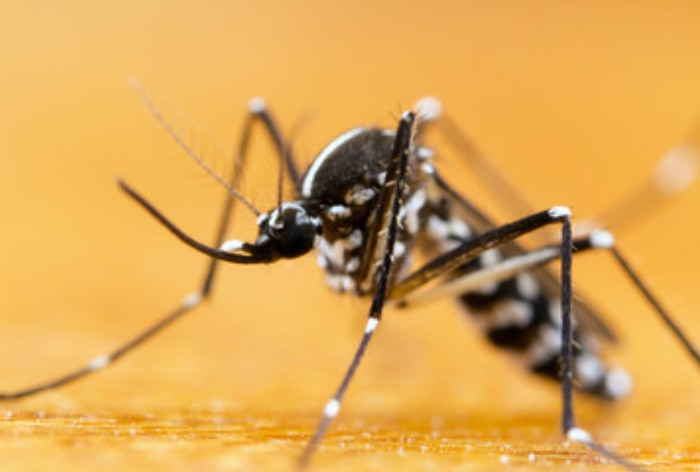A virus called yellow fever transmits by insects and results in hemorrhagic fever. It is common in tropical areas of South America and Africa and has a high death rate for severe cases.

Yellow fever is brought on by the yellow fever virus (also known as the flavivirus), which is spread by mosquito bites. Mosquitoes breed near still bodies of water, in humid and semi-humid conditions, and in tropical rainforests. When a mosquito bites a person or a monkey carrying the virus, it contracts the disease. This vector-borne disease can cause a high temperature, bleeding under the skin, and cell death in the liver and kidneys. If enough liver cells perish, liver damage can place, resulting in jaundice, a disease where the skin turns yellow.
YELLOW FEVER MINOR AND MAJOR CAUSES
The majority of yellow fever patients either experience no symptoms at all or only very minor ones. Yellow fever is characterized by a high body temperature, a sluggish heartbeat, albuminuria, jaundice, facial congestion, and bleeding.
- Aching muscles (particularly the back, and knees)
- High fever
- Nausea
- Vomiting
- Dizziness
- Headache
- Loss of appetite
According to today’s medical news, these symptoms often go away within a few days, but about 15% of persons progress to the toxic or second stage.
- Recurring fever
- Abdominal pain
- Vomiting, sometimes with blood
- Tiredness, sluggishness, lethargy
- Jaundice
- Kidney or liver failure
- Hemorrhage
- Irregular heartbeats
YELLOW FEVER CAUSES
It is spread through the bite of an Aedes aegypti mosquito, which is typical. The mosquito contracts the disease after biting an infected person or monkey. For the rest of its life, an infected mosquito will continue to spread infection. The virus only has known hosts other than mosquitoes in primates and humans.
In many regions of Africa and the Americas, monkeys that live in the canopy of the jungle, or the treetops of the jungle, are thought to be endemic carriers of the flavivirus. Anyone who visits a region where the yellow fever virus is prevalent runs the risk of contracting the disease.
YELLOW FEVER TREATMENT
Yellow fever can only be treated with supportive care in a hospital because there is no antiviral medicine that can effectively treat the condition. This entails giving fluids, oxygen, monitoring blood pressure, replenishing lost blood, starting kidney dialysis if there is kidney failure, and treating any secondary infections. It also includes giving fluids and oxygen.
To replenish the proteins that aid in clotting in some individuals, plasma transfusions may be administered.
If vaccination is needed for the destination, travelers should research this beforehand. Yellow fever can be effectively prevented by receiving the vaccine 10 to 14 days before departure.

Don’t Miss Out on the Latest Updates.
Subscribe to Our Newsletter Today!

Stay connected with us on social media platform for instant update click here to join our Twitter, & Facebook
We are now on Telegram. Click here to join our channel (@TechiUpdate) and stay updated with the latest Technology headlines.
For all the latest Lifestyle News Click Here
